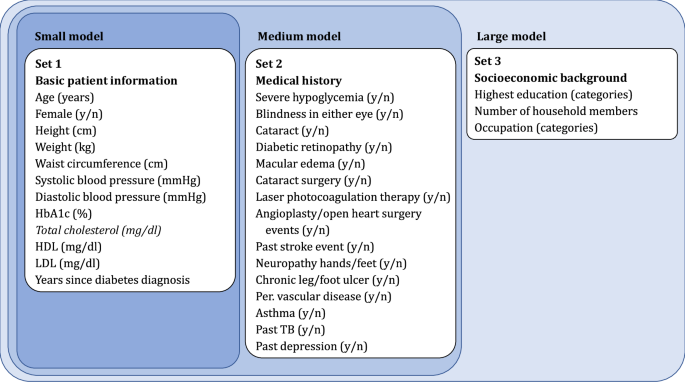Predicting control of cardiovascular disease risk factors in South Asia using machine learning
IF 12.4
1区 医学
Q1 HEALTH CARE SCIENCES & SERVICES
引用次数: 0
Abstract
A substantial share of patients at risk of developing cardiovascular disease (CVD) fail to achieve control of CVD risk factors, but clinicians lack a structured approach to identify these patients. We applied machine learning to longitudinal data from two completed randomized controlled trials among 1502 individuals with diabetes in urban India and Pakistan. Using commonly available clinical data, we predict each individual’s risk of failing to achieve CVD risk factor control goals or meaningful improvements in risk factors at one year after baseline. When classifying those in the top quartile of predicted risk scores as at risk of failing to achieve goals or meaningful improvements, the precision for not achieving goals was 73% for HbA1c, 30% for SBP, and 24% for LDL, and for not achieving meaningful improvements 88% for HbA1c, 87% for SBP, and 85% for LDL. Such models could be integrated into routine care and enable efficient and targeted delivery of health resources in resource-constrained settings.


求助全文
约1分钟内获得全文
求助全文
来源期刊

NPJ Digital Medicine
Multiple-
CiteScore
25.10
自引率
3.30%
发文量
170
审稿时长
15 weeks
期刊介绍:
npj Digital Medicine is an online open-access journal that focuses on publishing peer-reviewed research in the field of digital medicine. The journal covers various aspects of digital medicine, including the application and implementation of digital and mobile technologies in clinical settings, virtual healthcare, and the use of artificial intelligence and informatics.
The primary goal of the journal is to support innovation and the advancement of healthcare through the integration of new digital and mobile technologies. When determining if a manuscript is suitable for publication, the journal considers four important criteria: novelty, clinical relevance, scientific rigor, and digital innovation.
 求助内容:
求助内容: 应助结果提醒方式:
应助结果提醒方式:


